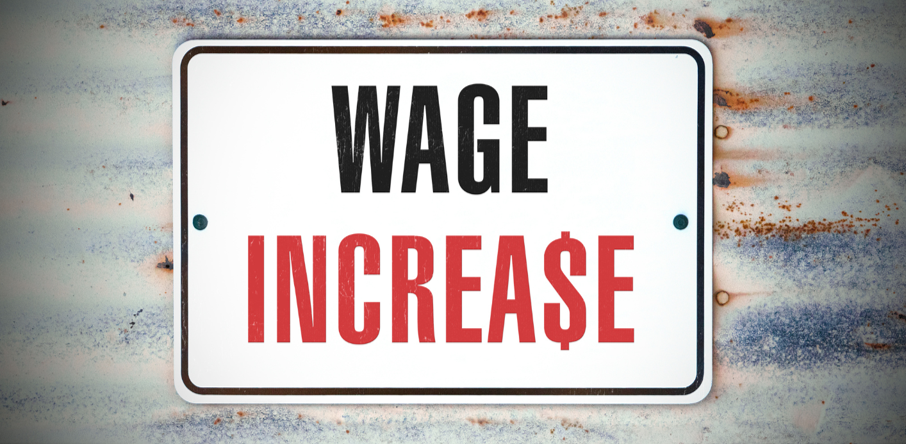
The requirements for valid medical certificates

The requirements for valid medical certificates
In South Africa, the validity of medical certificates is a crucial aspect of employee-employer relationships. This article explores the legal requirements for valid medical certificates as outlined in the Basic Conditions of Employment Act (BCEA) and the rules set by the Health Professions Council of South Africa (HPCSA). Additionally, we will examine the recent Labour Appeal Court case of Sibanye Stillwater v AMCU, which highlights the consequences of submitting fraudulent medical certificates.
Sibanye Stillwater v AMCU:
In the case of Sibanye Stillwater v AMCU, 59 employees at Sibanye-Stillwater's Rustenburg platinum operations were dismissed for submitting fraudulent sick notes. The investigation revealed that the sick notes were supposedly issued by Platinum Health but were stamped at RPM Hospital, raising doubts about their authenticity. The notes were signed by an unknown person without initials or surname and lacked serial numbers.
The Association of Mineworkers and Construction Union (Amcu) referred the case to the Commission for Conciliation, Mediation and Arbitration (CCMA), which ruled in favour of Sibanye-Stillwater. Amcu then sought a review in the Labour Court, which remitted the case back to the CCMA for re-evaluation of the sanction. However, the Labour Appeal Court set aside the Labour Court's decision, upholding the original dismissals. The court emphasized the gravity of the misconduct and how it severely undermined the trust relationship between the employer and employees.
BCEA Requirements for Valid Medical Certificates:
According to Section 23 of the BCEA, a valid medical certificate must:
1. State that the employee was unable to perform their normal duties due to illness or injury.
2. Be based on the professional opinion of the medical practitioner after examining the employee.
3. Be issued and signed by a medical practitioner registered with either the HPCSA or the AHPCSA.
4. Employers are not required to accept certificates from traditional healers or nurses unless bound by a collective agreement.
5. Clinic or hospital certificates must be signed by a qualified, registered medical practitioner who examined and diagnosed the employee.
HPCSA Rules for Medical Certificates:
The HPCSA sets guidelines for medical professionals in issuing medical certificates. According to Rule 15(1), a medical certificate should contain:
a. The name, address, and qualification of the practitioner
b. The name and employment number (if applicable) of the patient
c. The date and time of the examination
d. The basis of the certificate (personal observations or information received from the patient)
e. A description of the illness, disorder, or malady in layman's terms (with the patient's informed consent)
f. The patient's fitness for duty or ability to perform less strenuous duties
g. The exact period of recommended sick leave
h. The date of issuing the certificate
i. The practitioner's identity, with the certificate personally and originally signed by the practitioner
Rule 15(2) and 15(3) provide additional guidelines on using pre-printed stationery and issuing factual reports to patients upon request.
While the HPCSA rules serve as guidelines, the primary legal basis for accepting or rejecting a medical certificate remains Section 23 of the BCEA. The case of Sibanye Stillwater v AMCU underscores the serious consequences of submitting fraudulent medical certificates, which can lead to dismissal and damage the trust relationship between employers and employees. Employers and employees must be aware of the legal requirements for valid medical certificates to maintain a fair and transparent workplace.













































































